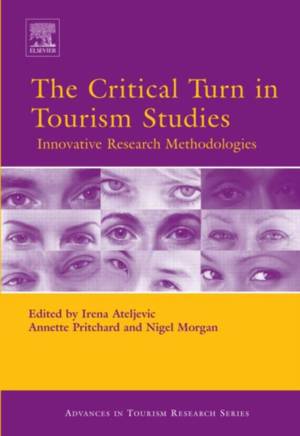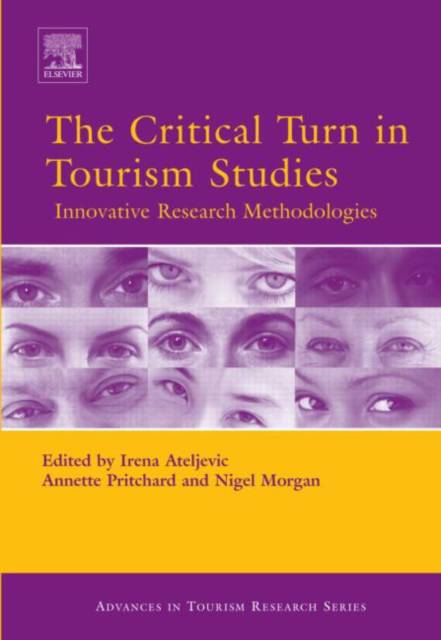
- Afhalen na 1 uur in een winkel met voorraad
- Gratis thuislevering in België vanaf € 30
- Ruim aanbod met 7 miljoen producten
- Afhalen na 1 uur in een winkel met voorraad
- Gratis thuislevering in België vanaf € 30
- Ruim aanbod met 7 miljoen producten
Omschrijving
The book has been divided into two parts, with the essays in the first part establishing a context-specific framework for engaging philosophical and theoretical debates in contemporary tourism enquiry. The second set of essays then present, discuss and critique specific methodologies, research techniques, methods of interpretation and writing strategies, all of which are in some sense illustrative of 'critical' tourism research. Contributors range from postgraduate students to established academics and are drawn from both the geopolitical margins and the 'powerbases' of the tourism academy. Their various relationships with the English-speaking academy thus range from relative 'outsider' to well-positioned 'insider' and as a result, their essays are reflective of a range of locations within the complexly spun web of academic power relations and social divisions.
Specificaties
Betrokkenen
- Auteur(s):
- Uitgeverij:
Inhoud
- Aantal bladzijden:
- 428
- Taal:
- Engels
- Reeks:
Eigenschappen
- Productcode (EAN):
- 9780080450988
- Verschijningsdatum:
- 5/02/2007
- Uitvoering:
- Hardcover
- Formaat:
- Genaaid
- Afmetingen:
- 173 mm x 242 mm
- Gewicht:
- 848 g

Alleen bij Standaard Boekhandel
Beoordelingen
We publiceren alleen reviews die voldoen aan de voorwaarden voor reviews. Bekijk onze voorwaarden voor reviews.











